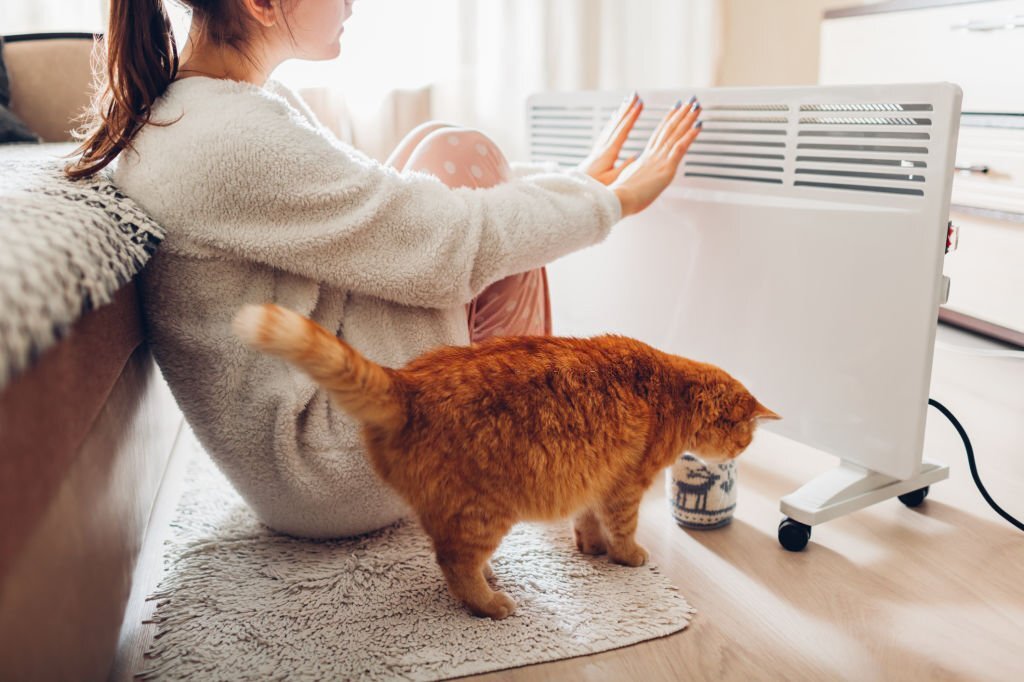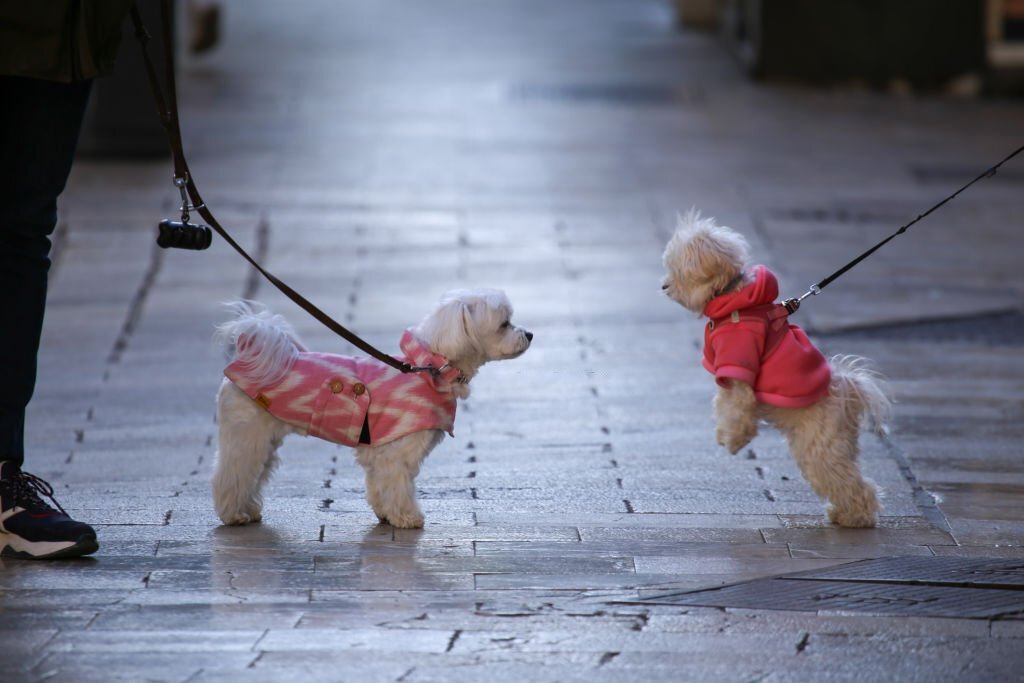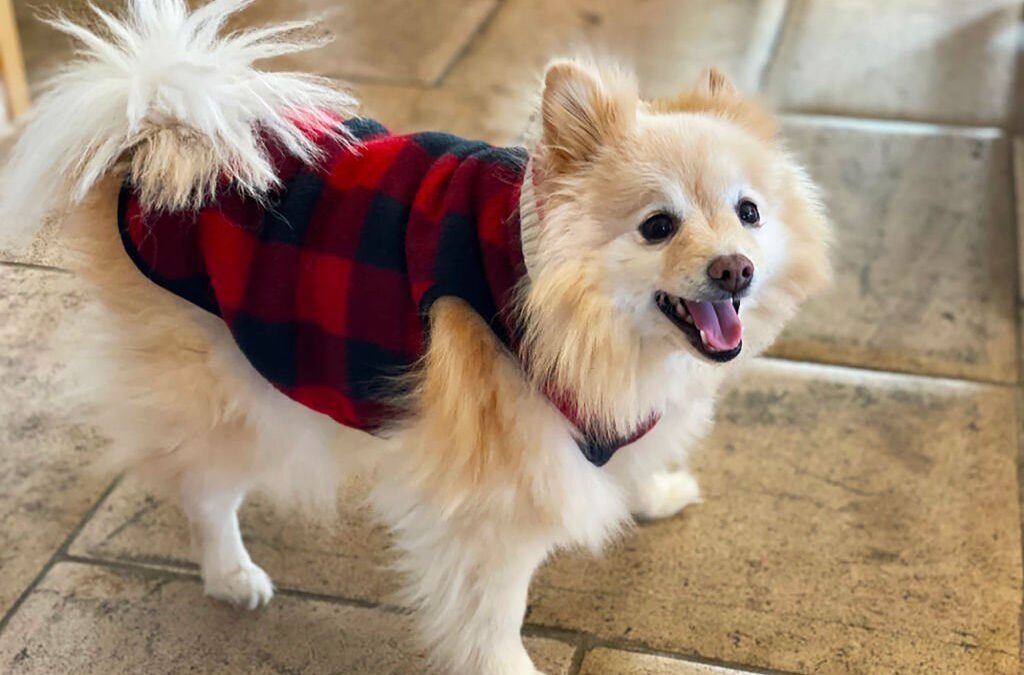It’s that time of year where huddling up, fuzzy socks, fireplaces, and warm food and drink are balms for the soul. While it’s important that we ensure our comfort and safety this winter, we also need to look out for our pets. While tolerance to the cold varies from breed to breed amongst dogs, it’s important to remember that they only have one coat of fur – if you are cold, they probably are too! Vulnerable pets will often need attentive care during the winter months. Young pups and elderly dogs will often need extra warmth, including those with health conditions like arthritis or stiff joints.
Sleeping outdoors or indoors:
If you keep your pooch outdoors, take some time to make sure they have proper shelter away from the elements. Whether that’s under the balcony or in a kennel, a damp and draft-prone sleeping space increases the risk of your pet becoming sick. Indoor pooches also need some care, make sure their sleeping space is away from any drafts and secure your heating units to mitigate any burn risks. We have seen more cats with burns from sneaking in behind heating units, fire boxes and hot water services after feeling the cold, so be aware!
If possible, you could try elevating your pet’s bed off cold surfaces. And most cats, (unlike Puckers) don’t like PJs so a snuggly bed would be appreciated. Heating vents with under floor heating are often a fav!

Exercise and enrichment:
Even during the colder months, exercise is important for your pooch’s physical health and mental stimulation. A lack of physical exercise can cause various health concerns as well as undesirable behaviours due to a lack of activity. If your pooch is mostly indoors during the winter months, make sure to keep them active with games and enrichment to keep their bodies moving and their minds active. Winter is a great time to teach them some tricks that are both fun for you and your pooch! Lots of dog breeds will benefit from an additional winter coat when out and about, this is something to consider especially if you have a short-haired, thin, or elderly dog. Dog coats protect the neck, belly, and base of the tail while exposed to the elements, just make sure to take them off when they are back in a warm and toasty environment!

Food and water:
Your pet may require more food during the colder months to fuel their bodies and regulate their body temperature. Keep an eye out for any appetite changes, which are mostly fine when increased by a slight amount. Just make sure to maintain a healthy exercise routine! And, just like us, our pets aren’t fans of drinking ice-cold water during an ice-cold day or night, make sure to check the temperature of their drinking water on a regular basis.
TLC for elderly dogs:
Just like humans, dogs can get achy and stiff with age. Cold weather can often aggravate symptoms of arthritis, signs of pain and discomfort including; difficulty walking up/down stairs, stiffness, slow eating, licking or chewing certain joints, as well as any behavioural changes. And cats can suffer with arthritis too so any concerns are well worth having a chat to the vet as there are some amazingly effective and safer treatment options available these days.
And just like any other dog, your elderly pooch will need exercise throughout the winter months to keep the weight off and encourage good circulation.
If you have any concerns or further questions about your pet this winter, please book in for a consultation either online or by calling our awesome reception team on 9369-1822.

